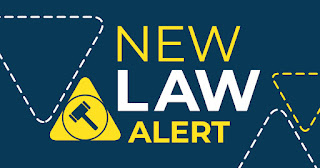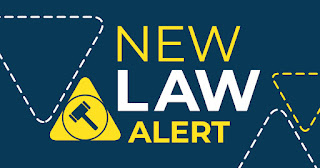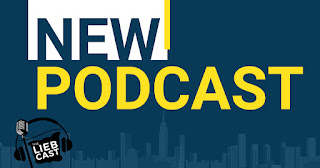Have you ever wondered how the government assesses the value of your property for real estate tax purposes?
Yes, there are 3 different types of appraisals, including comparable sales, income capitalization, and cost basis. However, each uses sales data of similar properties to develop a value. But, what is the legal definition of similar properties for purposes of a tax assessment? That has long been a hotly litigated.
Now, starting on January 1, 2022, the answer will be that similar is defined as "properties located in proximate location to the subject property unless there is an inadequate number of appropriate sales or rentals within the same market." Plus, similarity refers to "age, condition, use or the sue at the time of sale, type of construction, location, design, physical features and economic characteristics including but not limited to similarities in occupancy and market rent."
This new law, A894C, was signed into law by Governor Hochul on October 25, 2021.


















